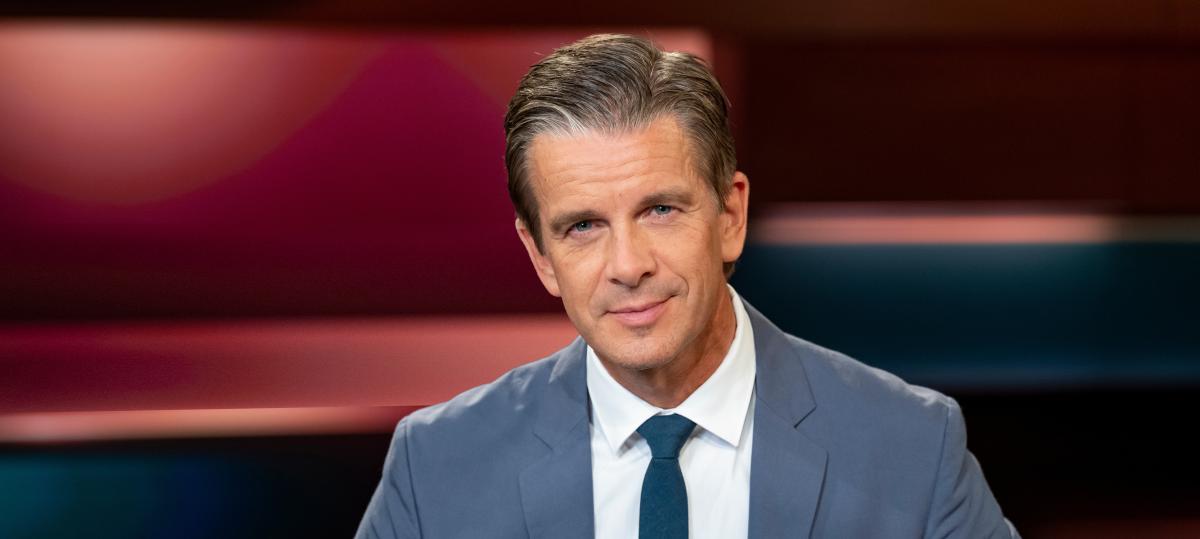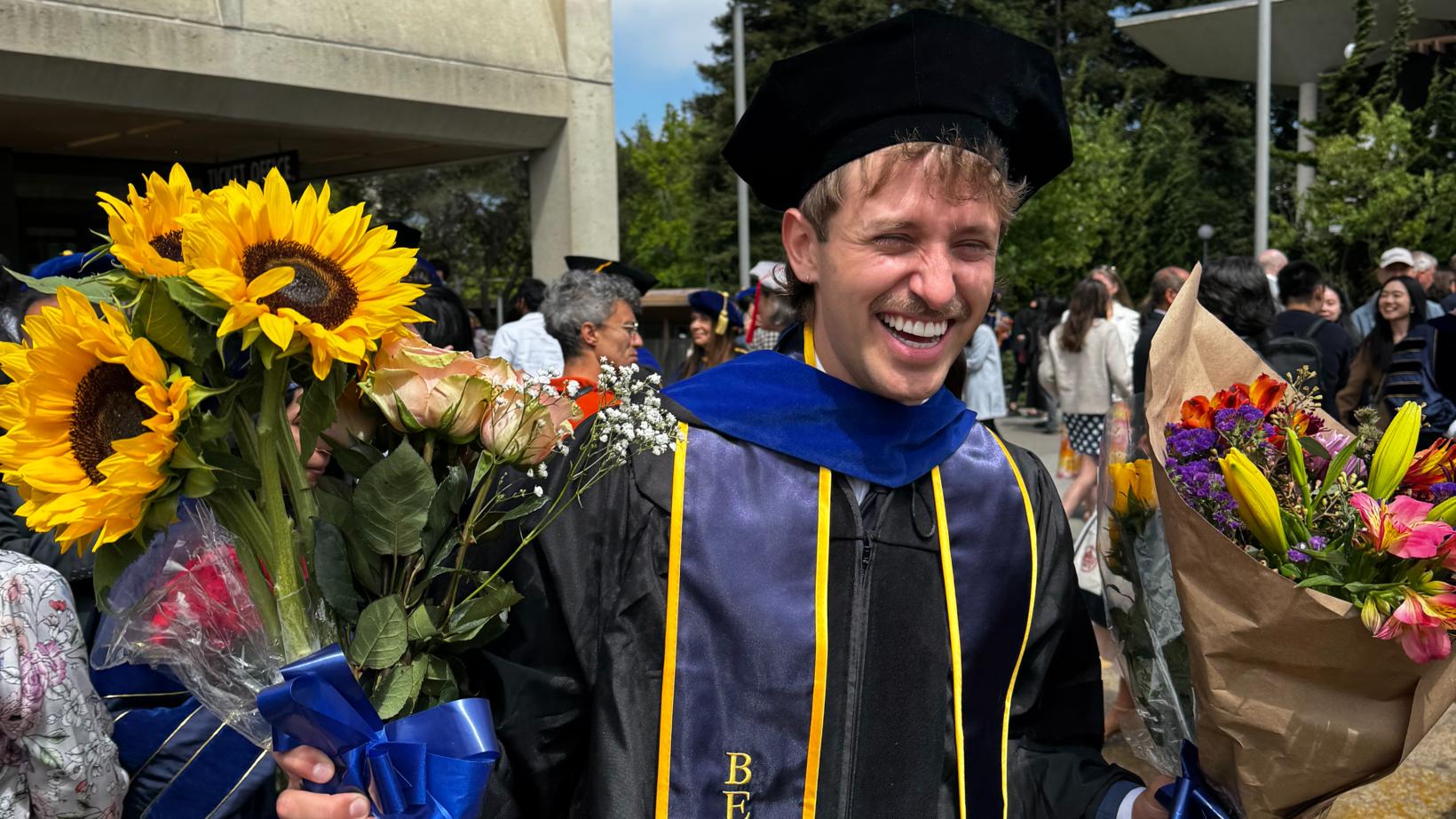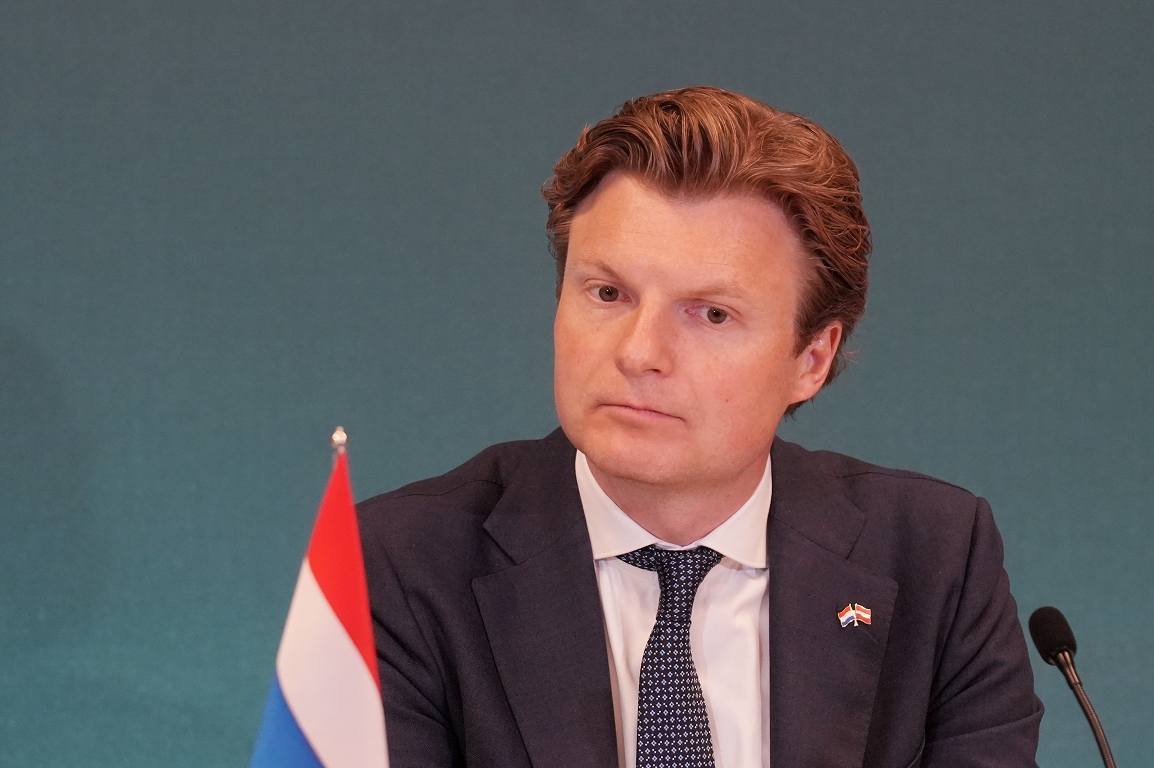Will water birds still know how to keep waking open?
/s3/static.nrc.nl/images/gn4/stripped/data128364892-58e2f6.jpg)
Thanks to a strong east wind there and there were a lot of ice at the end of February. That raised the question for a reader: “Would water birds lose the ability to maintain waking in the ice? As far as I know, you used to see groups of ducks, swans and seagulls keep a wak open in ditches and ponds. In the last few days I saw many birds on the ice, without waking nearby. Would ducks and colleagues really realize that they can keep the water open by swimming? Do they pass on that knowledge to later generations? And do they lose that knowledge now that there is less often ice? ”
You see it especially on smaller waters: if the ditch or puddle is really closed, water birds have bad luck. They are on the ice, as long as it goes, or immediately pull away. Larger water plains freeze less quickly. But keep birds that actively open themselves?
Studies that are specifically about this appear not to be found. But how would you investigate such a thing ..? There are anecdotal stories. On an outdoor forum, someone from Minnesota (US) writes that watches on a puddle With Canadian geese: « There seems to be a kind of » team effort « to create open water channels in the ice. The geese always follow the same route to keep their channels open. They probably do this to retain access to food, but it clearly happens intentionally. Very entertaining and special to see! ”
A complex mix
Is there really intention here? Does a bird have a goal in his head, and does he consciously act according to it, or does he respond purely to the circumstances? And is that learned, or recorded in the genes? A century ago, behavioral biologists did Niko Tinbergen and Konrad Lorenz Experiments to unravel this. What you see concluded, is a complex mix of instinctive and learned behavior. But the latter also has genetic elements. For example, many animals have fixed, sensitive periods in which they learn certain things naturally. For example who their parents are. And how you should fly, walk or hunt. Even a duck must learn to swim.
Theunis Piersma, professor of Trekvogelecology in Groningen, Discovered in recent years In Vogellevens an increasingly important role for 'learning'. Trek behavior, for example, he saw, is a learning process that takes shape during an individual bird life, based on genes and experiences. « Your question is therefore too dichotoma, » Piersma now responds to the birdwatching issue. In other words: too black and white. It is not either. He would prefer to avoid the use of only two terms ('instinctively' and 'learned'), because nature and nurture flow into each other: Immediately after fertilization there are all kinds of external influences that determine how an egg develops. That continues the whole bird life.
« The ducks and cows clump together in places that have not yet been frozen and keep things open, of course, » he summarizes. « But dear, is that congenital? What is congenital about being duck or mooring? Just like you and I, it is animals in a phase of their personal development. They show learning behavior, along with the type of behavior that is adaptive for certain species – for example, clumping in good places, and the side of cocks behavior. I think that is why they would learn it very quickly after many warm winters, that wakes. ”

:format(webp)/s3/static.nrc.nl/images/gn4/stripped/data132612693-3a6582.jpg)
:format(jpeg):fill(f8f8f8,true)/s3/static.nrc.nl/bvhw/wp-content/blogs.dir/114/files/2019/07/roosmalen-marcel-van-online-homepage.png)
/s3/static.nrc.nl/images/gn4/stripped/data132928093-2958e0.jpg)




